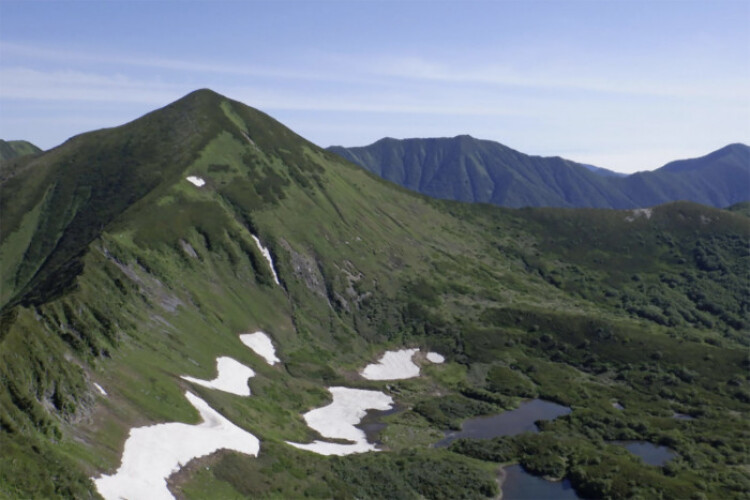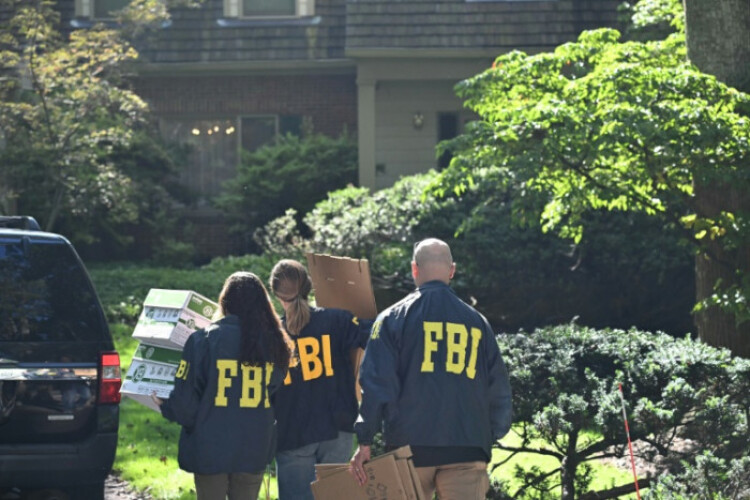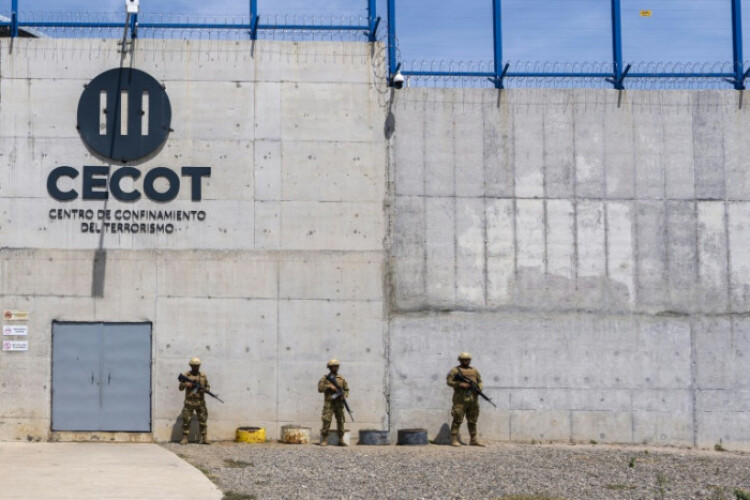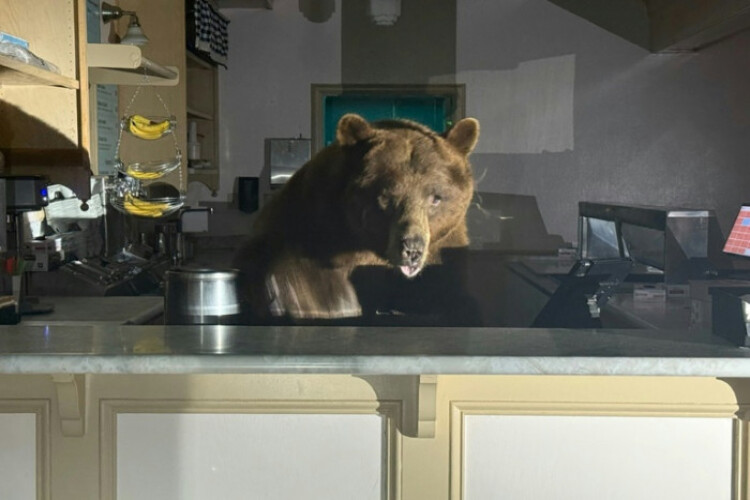
KYODO - A government survey released Friday showed that over 85% of respondents are concerned that the increase in foreign tourists visiting Japanese national parks could lead to more instances of bad manners and rule-breaking.
At 85.8%, the top response in the multiple-choice component of the Cabinet Office survey prompted an Environment Ministry official to say, "We will work to promote awareness and measures for proper use" of national parks.
The survey, conducted at a time when some areas in Japan grapple with rising traffic congestion and overtourism, also revealed positive sentiments, with 45.9% having "expectations for economic results," the second highest response, and 28.3% hoping that more tourists will help boost regional revitalisation.
Some 10.3% were against an influx of tourists in the areas surrounding national parks.
The Cabinet Office surveyed 3,000 people nationwide between July and August, and 1,750 people gave valid responses.
The increase in foreign tourists has also brought into question whether park visitors should be charged fees for maintenance and facilities. Currently none of Japan's 34 national parks have entrance fees, opening times or closing times, according to the Japan National Tourism Organisation.
In a single-choice component of the survey, 71.6% felt the central government and local authorities should bear part of the costs to maintain and improve facilities such as mountain trails and toilets, with visitors also contributing through usage fees.
Some 13.8% thought authorities should cover all costs, while 12.5% preferred that visitors shoulder the entire expense.
Regarding entrance fees, 41.0% of respondents supported a maximum of fee of 500 yen (US$3.3), followed by 35.3% favouring a cap of ¥1,000.
At 85.8%, the top response in the multiple-choice component of the Cabinet Office survey prompted an Environment Ministry official to say, "We will work to promote awareness and measures for proper use" of national parks.
The survey, conducted at a time when some areas in Japan grapple with rising traffic congestion and overtourism, also revealed positive sentiments, with 45.9% having "expectations for economic results," the second highest response, and 28.3% hoping that more tourists will help boost regional revitalisation.
Some 10.3% were against an influx of tourists in the areas surrounding national parks.
The Cabinet Office surveyed 3,000 people nationwide between July and August, and 1,750 people gave valid responses.
The increase in foreign tourists has also brought into question whether park visitors should be charged fees for maintenance and facilities. Currently none of Japan's 34 national parks have entrance fees, opening times or closing times, according to the Japan National Tourism Organisation.
In a single-choice component of the survey, 71.6% felt the central government and local authorities should bear part of the costs to maintain and improve facilities such as mountain trails and toilets, with visitors also contributing through usage fees.
Some 13.8% thought authorities should cover all costs, while 12.5% preferred that visitors shoulder the entire expense.
Regarding entrance fees, 41.0% of respondents supported a maximum of fee of 500 yen (US$3.3), followed by 35.3% favouring a cap of ¥1,000.






